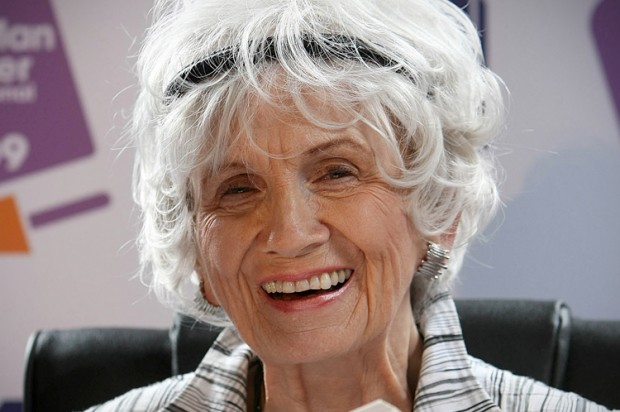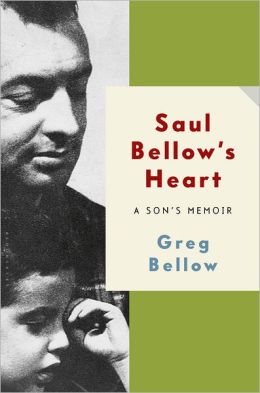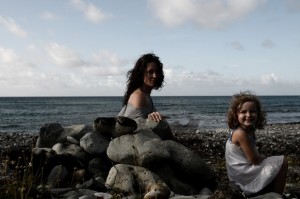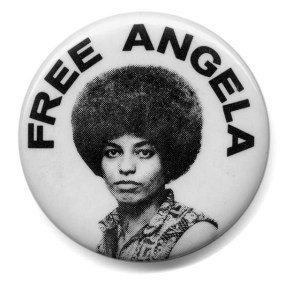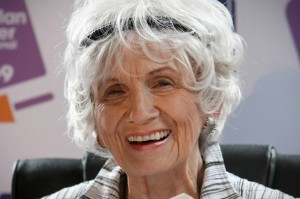
On the day Alice Munro was awarded the Nobel Prize in Literature, Slate culture writer Stephen Metcalf tweeted, “On Slate, Elizabeth Gilbert defends EPL by intimating sexism within the lit establishment. Minutes later, Alice Munro wins the Nobel Prize.” Although I normally nod along with anything Metcalf says, this comment made me throw a little shade his way. One prize—weighty and Scandinavian though it may be—does not negate the very real sexism still prevalent on the pages of the New York Review of Books and its ilk. This is like arguing that Meryl Streep’s continued appearance on Oscar night accurately represents the ease with which aging women find work in Hollywood. One example does not, in fact, disprove all other counterexamples. And, as fellow Canadian lady-writer Margaret Atwood noted, Munro was herself the victim of the literary establishment’s dickishness when her early fiction was criticized for being too domestic, too small, and, obviously, too female.
Munro may be a self-effacing Canadian, who likely wouldn’t enjoy engaging in a battle over literary sexism, but she shouldn’t be used as a token example of talent trumping discrimination. Because her quiet and unassuming fiction is all about the seemingly invisible limitations imposed on women’s lives. Her form of social critique isn’t showy, and it doesn’t involve preaching. Instead, it’s about giving voice to a different type of woman: working-class women, older women, mentally-ill women, those women who normally appear only as tropes or stereotypes when they appear at all. So she isn’t a token. And she isn’t some apolitical stylist. She’s kind of a badass. And we shouldn’t forget it. Continue reading “Who Says Alice Munro Isn’t Political?”

